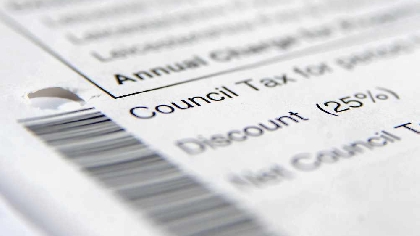
All of Derbyshire’s main authorities have approved maximum annual council tax increases – with most residents facing around £75 extra in charges.
With local government authorities facing strained budgets through reducing Government funding, limited options for bringing in more money and struggling to cater for the staff and services they must maintain, maximum council tax hikes have become the norm.
This year, all of Derbyshire’s eight districts and boroughs, along with Derbyshire County Council, Derby City Council and the police and fire services have all approved maximum annual council tax increases this year.
Select areas also have town or parish councils which are not restricted by how much they can increase tax by.
The lion’s share of your tax bill largely goes to either Derbyshire County Council or to Derby City Council, depending on whether you live in the city or not.
Depending on where you live in the county and the value of your home you could be looking to spend between £1,700 and £2,100 in council tax over the next year – a rise of between £75 and £100 extra due to this year’s increases.
Derbyshire County Council
Derbyshire County Council has voted for a maximum tax increase of 4.99 per cent with two per cent reserved purely for adult social care.
This works out as £57.36 more per year for Band B homeowners to a county council precept of £1,206 and £73.75 extra per year for Band D homeowners to a county council precept of £1,551.73.
The council had to use £72 million from its reserves to meet a legally balanced budget, which in addition to last year’s £55 million and ahead of a forecast £21 million next year would total £148 million used from its rainy day fund in just three years.
Officials and leaders have lobbied central Government for extra funding support and have been increasingly more outspoken on key budget pressure areas such as children’s services and the spiralling cost of placements.
The council had to make £33 million in cuts this year and has forecast the need for £40 million in cuts next year, which all comes after the authority voluntarily froze spending on all but essential services in September.
It also reviewed all spending on capital projects and implemented a hiring freeze on all but essential roles – primarily care positions.
The authority has had to make £300 million in cuts over the past 13 years, with leader Cllr Barry Lewis saying services were “running at maximum efficiency levels already”.
Leading officials had said services would not be cut or reduced but kept to the same quality or improved, but political leadership offered a different view.
High Peak Borough Council
The borough council has voted for a maximum council tax rate increase of 2.99 per cent and a housing rent increase of 7.7 per cent.
This council tax increase represents a hike of £6.32 for Band D homeowners from £211.36 to £217.68 per year.
Cllr Alan Barrow, the authority’s executive member for corporate services and finance, had said a one-year Government funding settlement arrangement for the fifth year in a row was making financial planning very difficult.
However, he claimed despite additional problems with inflation, interest rates and rising costs the council has been in a better position than most to balance its budget.
The authority brought in an 100 per cent additional council tax for owners of long-term empty hems, which will kick in from April next year.
Derby City Council
In Derby, councillors have also voted for a maximum council tax increase of 4.99 per cent with Band B homeowners to pay £64.30 more per year to a total city council precept of £1,352.82 and Band D homeowners to pay £82.67 more per year to a total city council precept of £1,739.34.
The city council increase also includes two per cent reserved purely for adult social care.
City council leader Baggy Shanker said the budget was not what he or his group had wanted to deliver but it was the “right” budget for the city at this time.
The authority says new artificial intelligence usage at the council will help save more than £8 million over the next financial year and not result in job losses.
Meanwhile, parking fees at Markeaton Park have been increased and a waste services review is taking place, with officials claiming it will not result in fewer bin collections.
Amber Valley Borough Council
The borough authority has increased its share of council tax by the maximum 2.99 per cent, with leadership saying: “We don’t like it but we have been forced down that road.”
Its tax increase represents £5.58 more per year for Band D homeowners to a total borough precept of £192.11.
Cllr Chris Emmas-Williams, the council’s leader said the authority was planning for the need to provide weekly food waste collections from April 2026 but feared the £1.2 million it is set to get from the Government would not be enough.
Council officials wrote that this pressure on the authority’s budget was “most unhelpful”.
Bolsover District Council
The district council increased its share of council tax by the maximum 2.99 per cent and also increased its housing rent by 7.7 per cent.
Its tax increase represents £5.89 more per year for Band D homeowners from £183.39 to £189.28
The authority’s finance director detailed that the loss of key funding to the council from business rates and new homes bonuses are set to have a “major effect” on its coffers.
Chesterfield Borough Council
The borough council has now approved a tax increase of a maximum 2.99 per cent taking its overall precept from from £185.27 to £190.81 for a Band D property.
It has cut its budget through 30 full-time staff agreeing to either voluntary redundancy or voluntary retirement.
The authority has agreed changes to many of its services, including hiking fees for council car parks, garden waste collection charges, the closure of its visitor centre, relocation of customer services to the town hall and cutbacks at the Winding Wheel Theatre.
Labour councillor Allan Ogle claimed the authority’s budget saving plans were a “sign of strength” to address issues in the most difficult times.
Derbyshire Dales District Council
The district council has also approved a maximum 2.99 per cent tax increase.
This amounts to Band D homeowners paying £6.88 extra in council tax each year to the district council, with its total precept to stand at £236.98 – £184.32 for Band B (the most common property value).
The authority says it has forecast a £1.14 million savings gap for the 2025 financial year which is set to balloon to a budget black hole of £4 million by 2028, which represents a quarter of the council’s entire annual spending.
The council’s reserves are falling year on year and it must simultaneously build up a stock of funding to pay for the replacements of its bin collection vehicles – which cost £3.6 million in 2020.
It has approved a second homes premium to double council tax next April for owners of second homes and a triple charge for owners of long-term vacant properties.
Erewash Borough Council
The borough authority has approved a precept increase of a maximum 2.99 per cent.
Its agreed tax increase will see its precept rise by £6.21 for a Band D property from £207.62 to £213.83.
The council’s funding gap is due to grow to £2.5 million by 2026, £2.9 million by 2027 and £3.1 million by 2028.
The council is bringing in a £20 brown bin collection charge from April for garden waste pickups.
People who sign-up after March will be charged £32 for the first year and people who do not pay by direct debit will be charged £37.
The council’s budget includes a plan to “mothball” one of its two town hall headquarters in Ilkeston and Long Eaton in a bid to save up to £100,000 a year.
North East Derbyshire District Council
The district council has approved a maximum tax increase of 2.99 per cent, taking its precept up by £6.11 for a Band D property from £204.27 to £210.38 per year.
Councillors also agreed to put up rent for council tenants by six per cent.
The Labour-led authority said if council tax rates increased by 2.99 per cent, then a current estimated 2024-25 budget shortfall of £303,000 would be reduced to £100,000.
Residents will also soon be charged £40 a year for using a second garden waste bin as the authority aims to quash its funding issues.
The authority recently defended its £210,000 improvement to its council chamber with new TVs, cameras and furniture as necessary, with its previous smaller chamber said to pose health, safety and technological difficulties.
South Derbyshire District Council
The district council has adopted a maximum 2.99 per cent tax increase raising its precept for Band D properties from £174.64 to £179.86 per year, the lowest of all the districts and boroughs in Derbyshire.
Leader, Cllr Robert Pearson, said the authority’s budget does not include any “cuts to services” but investment of £9.8 million, with £1.1 million focusing on creating an events space in Swadlincote town centre.
The authority also agreed its council housing rents would increase by 7.7 per cent in line with the Government’s social rent policy.
It is using £227,737 from its emergency reserves to meet a balanced budget this year.
The authority’s finance officer says the maximum increase of council tax “will serve to minimise the impact of funding reform on the council”.
Derbyshire Police and Crime Commissioner
The county and city’s police and crime commissioner, Angelique Foster, has brought in a maximum council tax increase of 4.88 per cent.
This equates to £10.08 a year extra per year for Band B homeowners to a police precept of £217.47 and £13 a year for Band D homeowners to a police precept of £279.60.
The budget aims to head off the prospect of a current £666,000 shortfall growing to a £5.4 million budget black hole by 2028.
PCC papers detail that without a maximum precept increase, the force would have to use more than £1 million from its reserves to reach a balanced budget.
Ms Foster, discussing the budget, had said: “The public have not asked me to deliver, and certainly not the chief constable, to deliver cheap policing.
“It is value for money, it is good, strong community policing and it is about using the resources efficiently and effectively to make every penny count and put to use to keep our residents safe.”
Derbyshire Fire and Rescue Service
The county and city’s fire service has approved a maximum increase of its share of council tax by 2.99 per cent.
This brings the service’s share of a Band D tax bill up by £2.57 per year to £88.41 and for Band B – the most common banding – up by £2 to £68.76.
Within the budget for the next year is the completion of the under-construction new Matlock fire station, now expected to be finished by July following a delay to the roof caused by heavy rain in the flood-hit town in November.
Meanwhile, the service aims to have its planned new fire station in Glossop approved this year and to start construction in the summer.
A third new station is planned for the financial year 2026 but the location of this proposed building has not been disclosed, with plans for a fresh New Mills fire station shelved in 2022.
It intends to make savings of £543,000 over the next year, followed by £175,000 the year after and £88,000 in 2026.
The service currently forecasts a budget deficit of £351,000 by 2026 and £705,000 by 2027.
Categories:


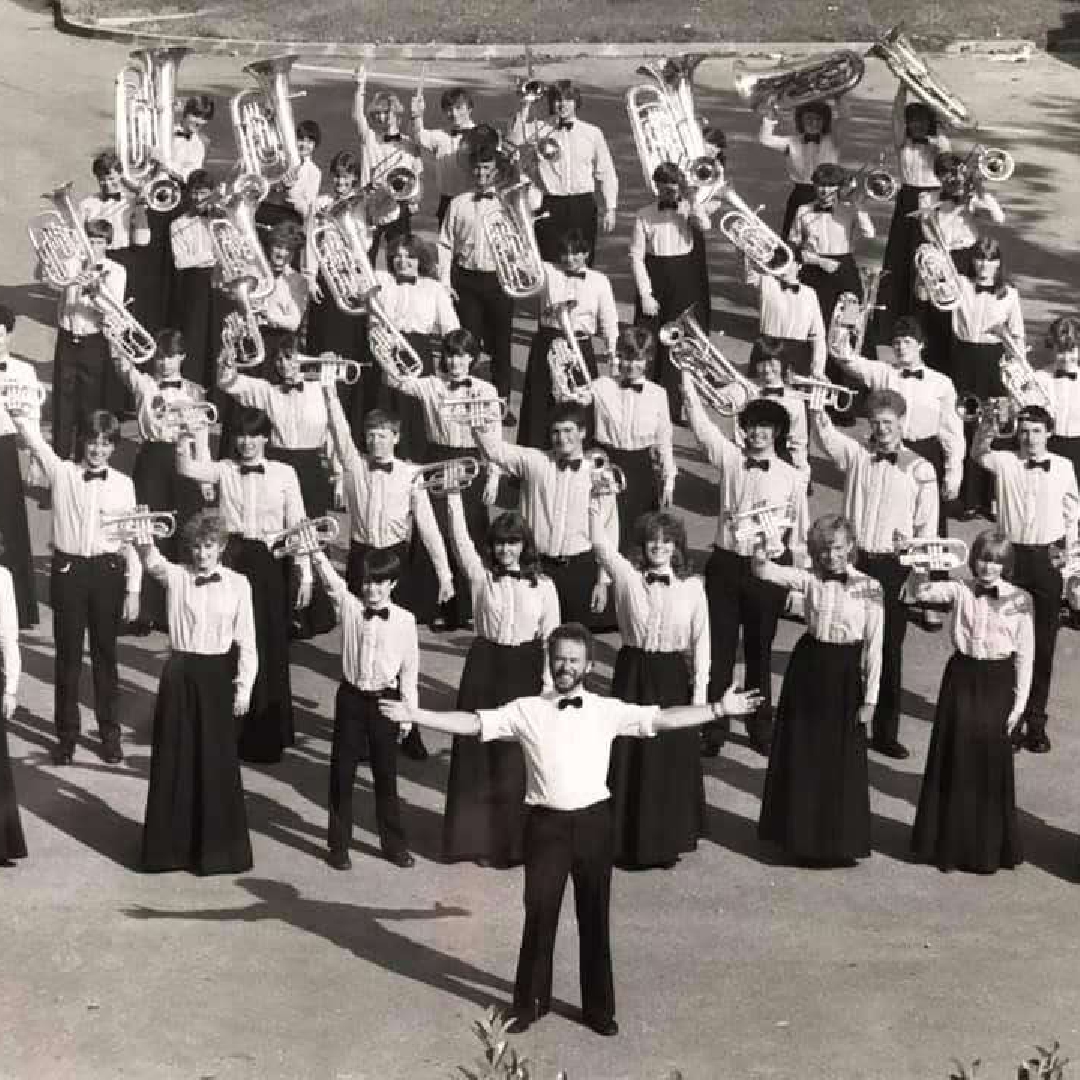 Award-winning band strikes up a fitting tribute
Award-winning band strikes up a fitting tribute
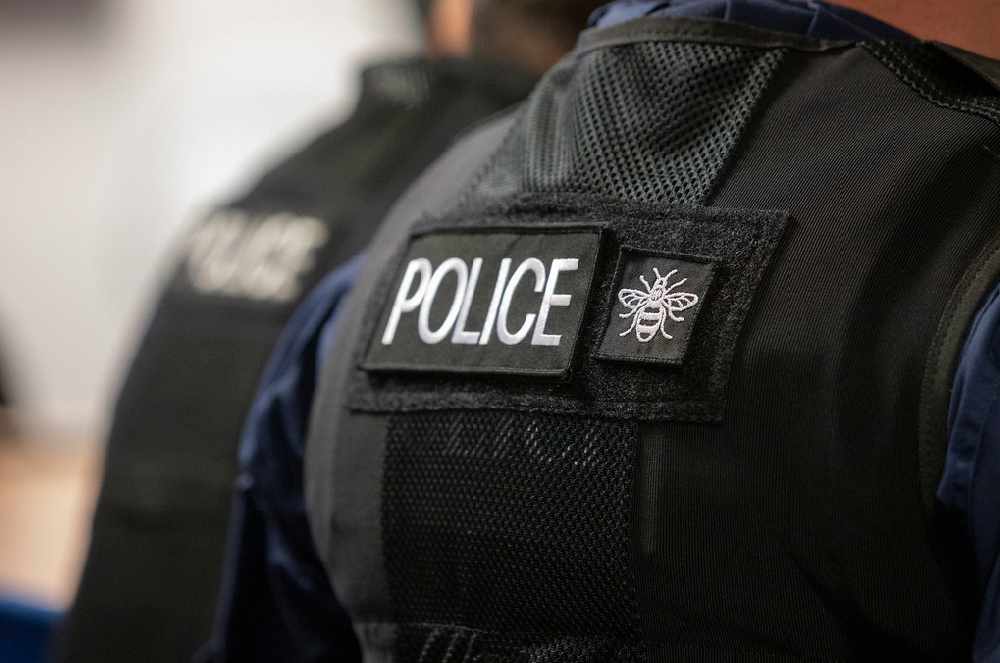 Think! Fatal 4 Offences
Think! Fatal 4 Offences
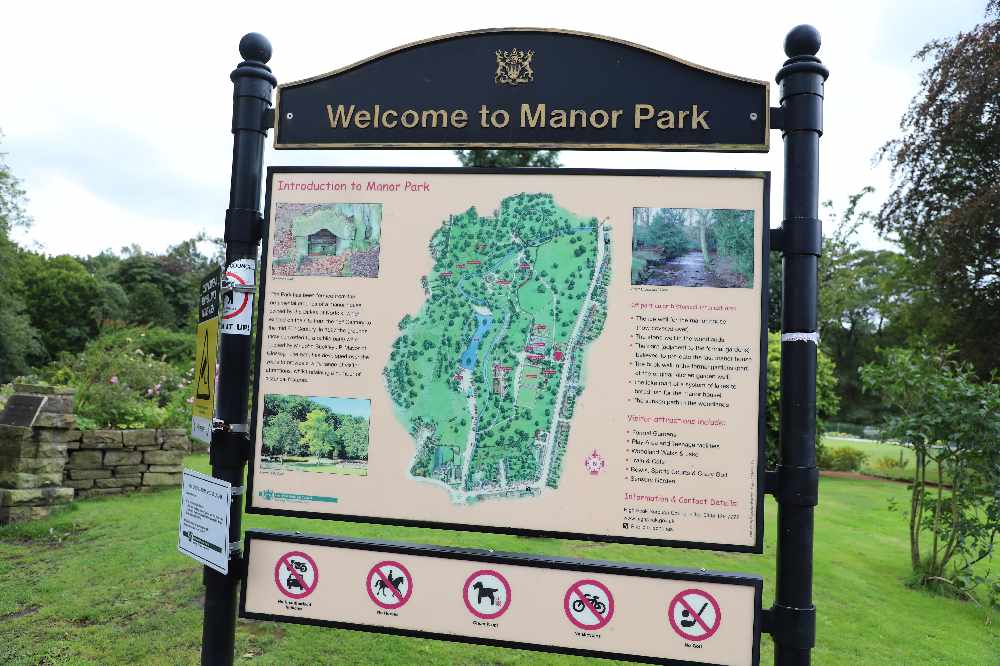 Free football to counteract anti-social behaviour
Free football to counteract anti-social behaviour
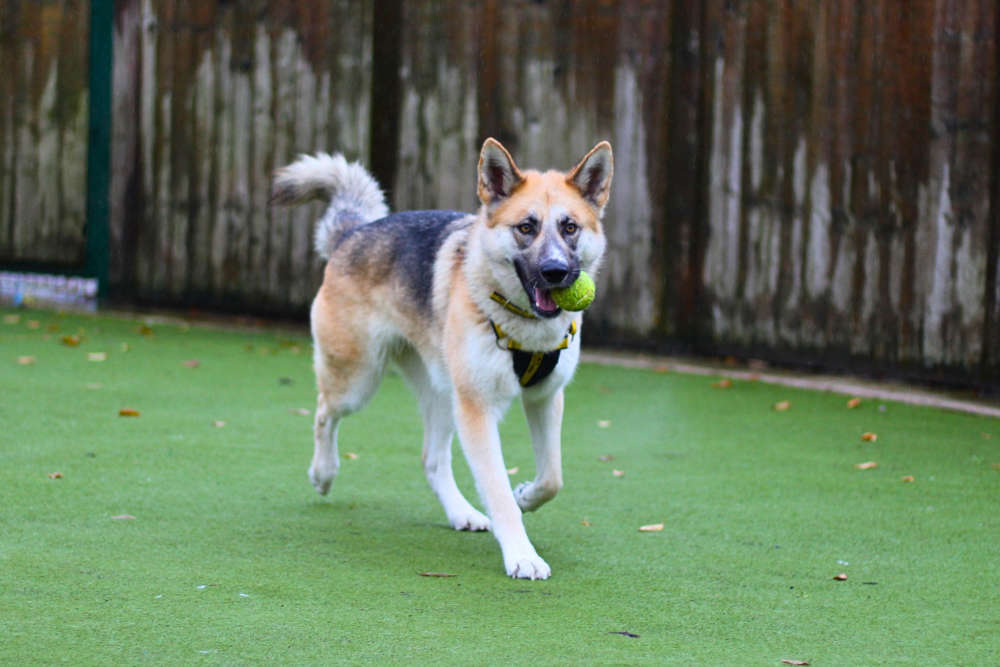 Don’t Be Puzzled by Dogs Wearing Muzzles
Don’t Be Puzzled by Dogs Wearing Muzzles

